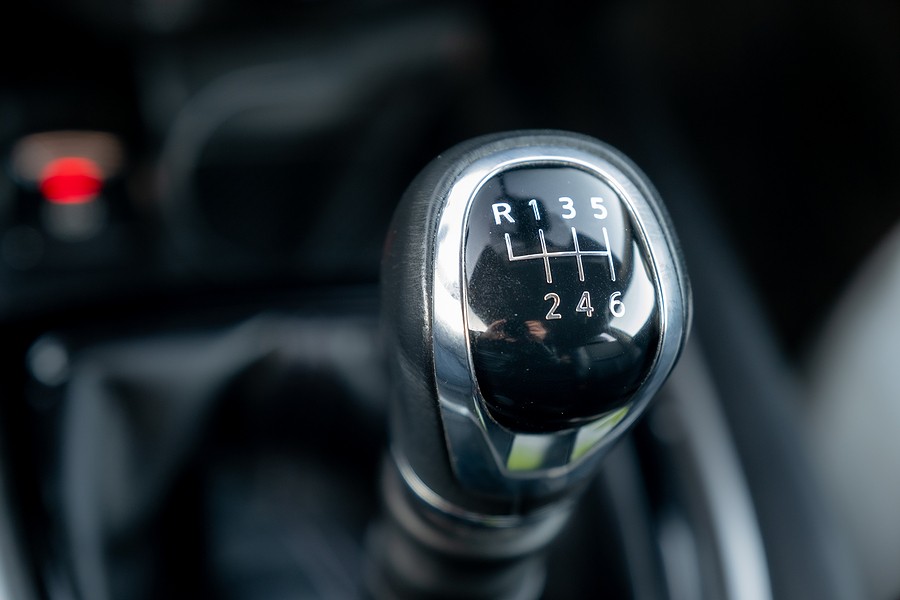The transmission is the device that changes the speed and torque of the engine. It is a fluid power drive unit; it can contain hydraulic fluid, which flows through its enclosed system to apply pressure against pistons (which create rotary motion) or gears (which create linear movement).
Transmissions are not designed to last forever and require regular maintenance and check-ups. A problem with the transmission can occur at any point and for several reasons. If you're experiencing transmission problems, it's important to know what to do. Here are the right steps to take following a transmission issue.
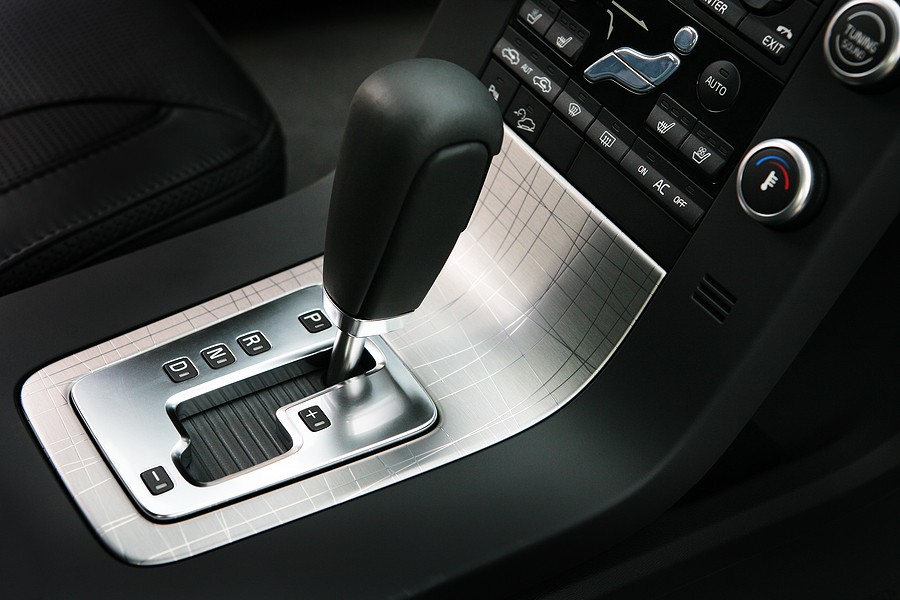
What is the transmission, what does it do, and how does it work?
The transmission is the device that changes the speed and torque of an engine. A fluid power drive unit contains hydraulic fluid that flows through its enclosed system to apply pressure against pistons or gears.
There are three types of transmissions:
#1 Automatic transmission
Also known as a fully automatic transmission type is most commonly found in cars. It automatically uses hydraulic pressure to change gears based on throttle position and vehicle speed.
#2 Manual transmission
This type of transmission is operated by a driver using a clutch pedal and gear shifter. It has three to six forward gears, and the driver shifts between them via the clutch to control vehicle speed.
#3 continuously variable (CVT) transmissions
This type of transmission is operated by a driver using a pedal and gear shifter. It has an infinite number of gears that can be shifted, but instead of having distinct set speeds, the vehicle will always operate at its most efficient speed for the given throttle position.
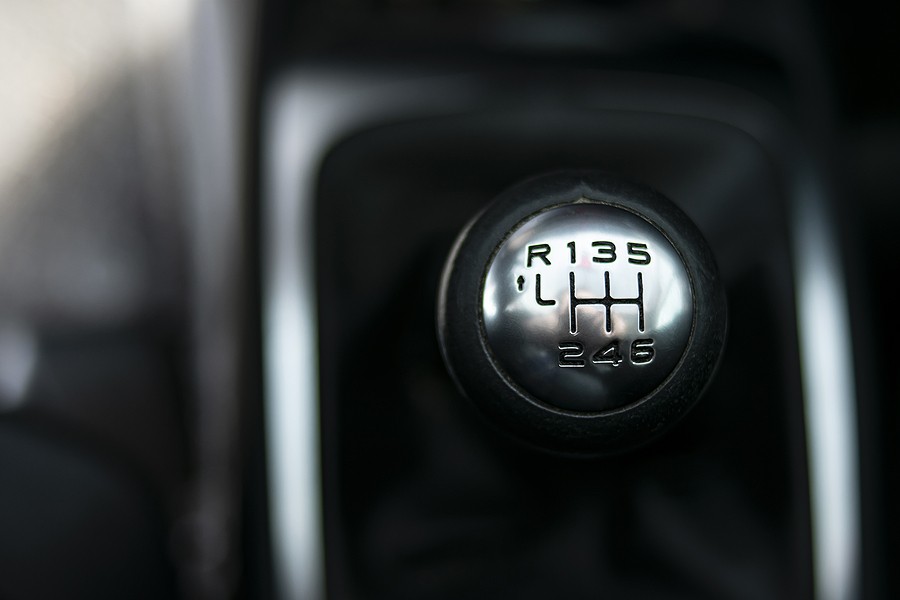
What are the signs of a transmission problem?
The first step in understanding what to do if you have a transmission problem is understanding the signs of transmission issues. Here are some common signs that your car might need transmission repairs:
#1 The engine revs up when slowing down or idling
whenever you notice that the engine revs up, even when your car is slowing down or idling, you might need transmission repairs.
#2 The ‘check engine light comes on
when the check engine light comes on. It's usually a sign of an issue with the car's oxygen sensor. However, this can also be a sign of transmission problems.
#3 There is a delay when shifting gears or unusual noises
when there is a delayed response or strange noise after shifting from one gear to another; it could indicate transmission problems.
#4 Fluid levels change significantly
if your oil levels notably change after a short period, this may indicate transmission issues. Fluid level changes can also signify coolant and brake fluid issues, so it's best to bring the car in for an inspection if you notice any changes in fluid levels.
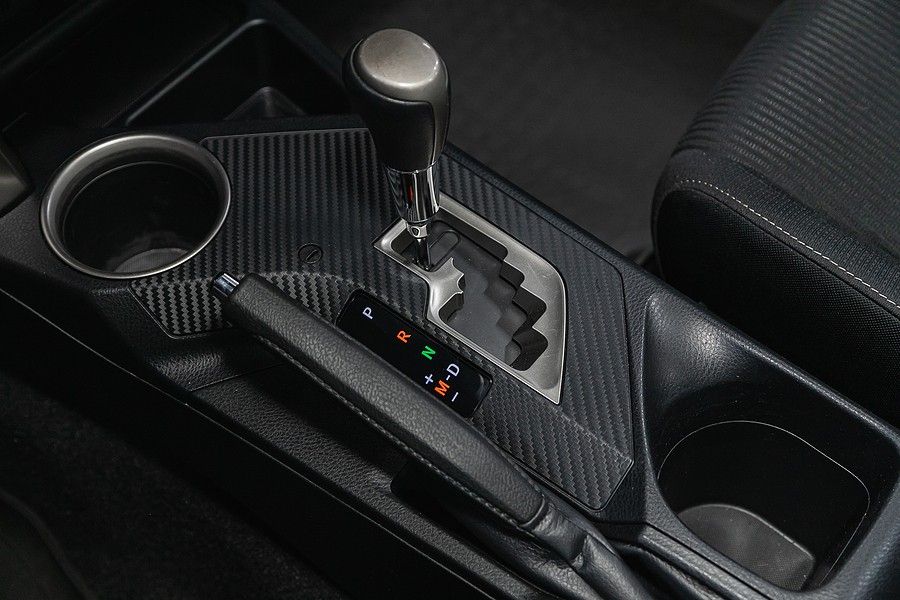
What should you do if you experience a transmission problem?
Now you have some understanding of what to do if you have a transmission problem, here is the best course of action to take:
#1 Pullover and stop your vehicle whenever you can safely do so
If you notice transmission issues while driving, the best thing to do is find where it's safe for you to pull over and stop your vehicle.
If you're driving on the highway, try to exit at the next available ramp. If you notice any jerking or strange sounds when slowing down your car, it's best to pull over as soon as possible.
#2 Call for help
Once you are in a safe spot, pick up your phone and call someone for assistance. You can call roadside assistance, a family member, or a friend.
#3 Inspect your vehicle for any visible signs of damage
after you've stopped your car, take a good look at the vehicle's exterior to check for any visible signs of damage (such as leaking fluid). If there are no visible signs of damage, this does not mean that the transmission is fine; it's best to bring the car in for inspection to be on the safe side.
#4 Have your vehicle towed to a repair shop
Once you know that it's safe to drive, call for help and have your car towed to a transmission repair shop. It's important to bring your car in as soon as possible if you notice any problems with its transmission.

What causes transmission problems?
Several things could cause transmission problems. Here are some of the most common causes:
#1 Driving habits
If you notice any problems with your vehicle's transmission, one of the first things to note is how you drive. Are you accelerating too quickly or braking the wrong way? This can lead to slippage, which can cause serious damage to your vehicle's transmission.
#2 Old age
All mechanical parts are bound to break down or show signs of wear and tear as they get older. So if you've noticed transmission problems with an over ten years old car, then it may be time for an inspection by a qualified mechanic.
#3 Maintenance issues
One of the main causes of transmission problems is a lack of routine maintenance. If you do not properly maintain your car's brake fluid, engine oil, and transmission oil levels, then there is a good chance that this could cause your transmission to fail.
#4 Other driving or environmental factors
Scraping against the pavement or frequent exposure to harsh elements can also damage your car's transmission. The road salt used for salting roads in colder climates can corrode your vehicle's parts and make them brittle and more prone to breaking down, including the transmission.
How much does it cost to fix a transmission problem?
transmission repair costs differ significantly depending on a variety of factors:
#1: the type of the problem
There are several different types of transmission problems. Here are some common examples:
- A car that will only move in reverse
This is a very simple problem and usually doesn't require much time or effort to fix. Such problems can be fixed in as little as two hours, and the costs will range between $100 – $300.
- A car that won't go into any gear
This is a bit more complicated than the issue with reverse-only movement, as it requires the replacement of the transmission solenoid. Repairs usually cost between $600 – $1,000.
- A car that slips gears or hesitates
This is a very complicated problem, as it requires the replacement of multiple parts (including the transmission pump and solenoids). It can take anywhere between two days to two weeks to fix, and the average cost is around $2,900.
- A car that jerks when accelerating
This issue requires transmission fluid replacement (and possibly an engine tune-up). This problem can be fixed in 1 – 2 days and will cost between $550 – $850.
#2: the age of your vehicle
The older your vehicle is, the more it will cost to fix transmission problems. The average price tag on a high-mileage car is around $2,900.
#3: where you live
repair costs vary significantly depending on where you live. Some states have lower average repair costs than others do. On average, transmission repair cost in New York is $1,200, and in Illinois, it's $800.
#4: the shop you choose
There are a lot of good repairs shops around; however, there are also many that aren't very reputable. So when choosing where to get your car repaired, make sure you do some research and ask around (and read online reviews) to find out if people had a positive experience with them or not.

Are there any ways to prevent transmission problems from occurring in the first place?
Yes, while transmission problems will occur on day one of owning your car, you can do several things to minimize the risk of problems occurring in the future.
#1: have it inspected by a professional
Some signs indicate when it's time to take your car in for an inspection before anything major happens. Most transmission issues begin with minor warning signs such as delayed gear shifting or odd noises. This is why it's important to bring your car in for inspection (at least once a year) and get an expert opinion on how well it's running.
#2: service your transmission regularly
While many people believe that transmissions don't require any maintenance at all, the fact is that they do need to be serviced. You can do several things (including using high-quality fluids and minimizing stress on the engine) to keep your vehicle running smoothly.
#3: use high-quality fluids
If you want to avoid transmission problems in the future, make sure you only use high-quality transmission fluid. Look for “Lifeguard” or “Super Lifeguard” on the label – this is a special kind of fluid that's known to protect the transmission against wear and tear.
#4: drive sensibly
Lastly, you should drive your car sensibly and avoid harsh accelerating, sudden stops, and quick turns. Also, try to keep the engine running at a steady (not too high) RPM for as long as possible on each trip. This will help reduce stress on the transmission.
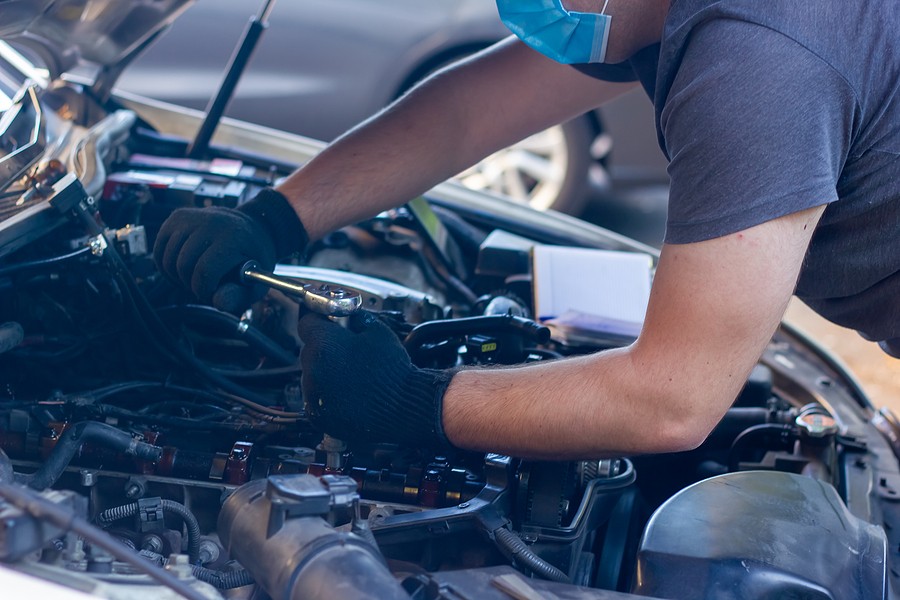
How often should you have your transmission checked and serviced for optimal performance and longevity?
One of the most common ways to prolong your transmission lifespan is to have it checked and serviced regularly. Having your car's transmission inspected can identify problems before they start, maximize performance and help you save money in the long term.
Car owners should follow these three simple steps when taking their vehicle for servicing:
#1: check if your service is required
It's important to determine whether or not your car requires servicing before taking it in. Some of the things you should look out for are fluid leaks, whining noises, and delayed gear shifting. If you notice any early warning signs of a problem, bring your car in for servicing right away.
#2: find an ASE-certified mechanic
Taking your car to a shop that doesn't have ASE-certified mechanics is the equivalent of taking it to someone who doesn't know anything about cars. An ASE certification ensures that technicians are well-versed in all kinds of key automotive systems, including the transmission.
#3: check for quality reviews
When choosing a shop to take your car to, make sure you read online reviews and do some research. There are many good repairs shops around, but there are also many that aren't very reputable. If you're not sure where to go, ask friends and family for recommendations or check out the Better Business Bureau.
The cost of repairing a transmission can vary significantly, depending on the shop you choose to visit. Naturally, some shops are more expensive. After all, they're focused on making a profit, whereas other places charge less because they have a good reputation for providing high-quality work.
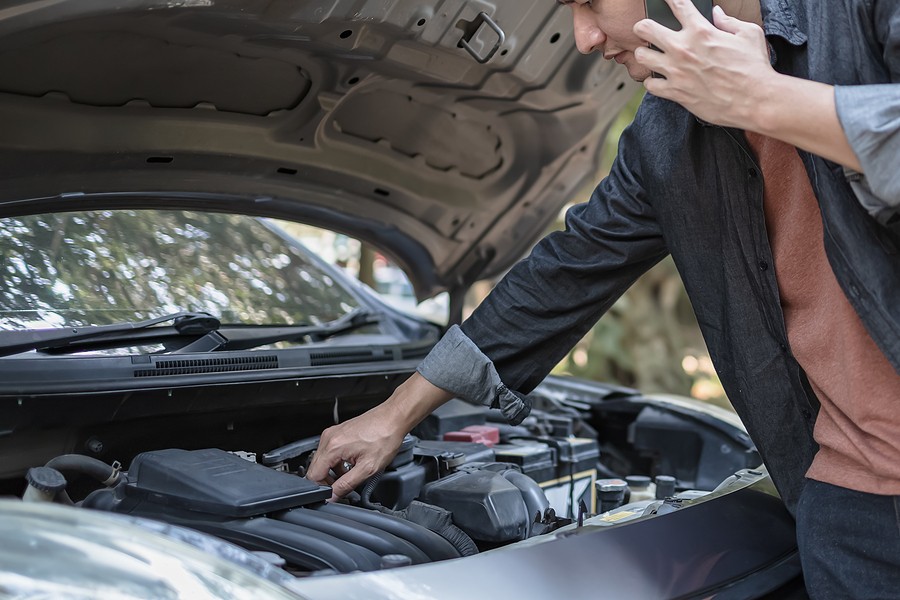
What are the consequences of not fixing a transmission problem right away?
By ignoring warning signs such as delayed gear shifting or whining noises, you're opening yourself up to a world of problems. Not only will you be spending more money in the long run, but your car could also suffer severe damage and might not last for much longer.
Do not ignore these warning signs and take your car to a reputable mechanic right away.
When your transmission starts to wear out (or when you see signs like slipping gears or delays), it's important to replace all the fluids right away. If you don't, they will dry up and create problems elsewhere in your car. On the other hand, replacing them can help restore optimal performance and prevent many problems.
Can I drive my car if there is a transmission problem?
If your car is still driveable, you may be tempted to keep driving it until the problem gets worse. However, this is not advisable and could make things worse! Driving with slipping or delayed transmission can lead to further damage and costly repairs down the road.
Continuing to drive your car with a transmission problem will only worsen the damage.
If your car's transmission starts having problems, you should take it to a reputable mechanic as soon as possible. Replacing all the fluids and fixing any leaky or worn-out parts can restore optimal performance and prevent further damage from occurring.
Should I sell my car if there is a transmission problem?
If your transmission is making funny noises or slipping gears, you should consider getting it fixed right away. But unfortunately, selling your car in this state will be extremely difficult, and it might not even sell at all.
Taking your car to a repair shop can restore optimal performance and make it more attractive for potential buyers.
However, if you realize that repair costs are extremely high and you can not afford them, luckily, Cash Cars Buyer is willing to buy your car despite the transmission problem. You can easily get a free quote for selling your car, and we will make sure you'll receive the best price in the market even if it has transmission problems.
For more information, visit CashCarsBuyer.com, or you can call us at (773) 791-4363!
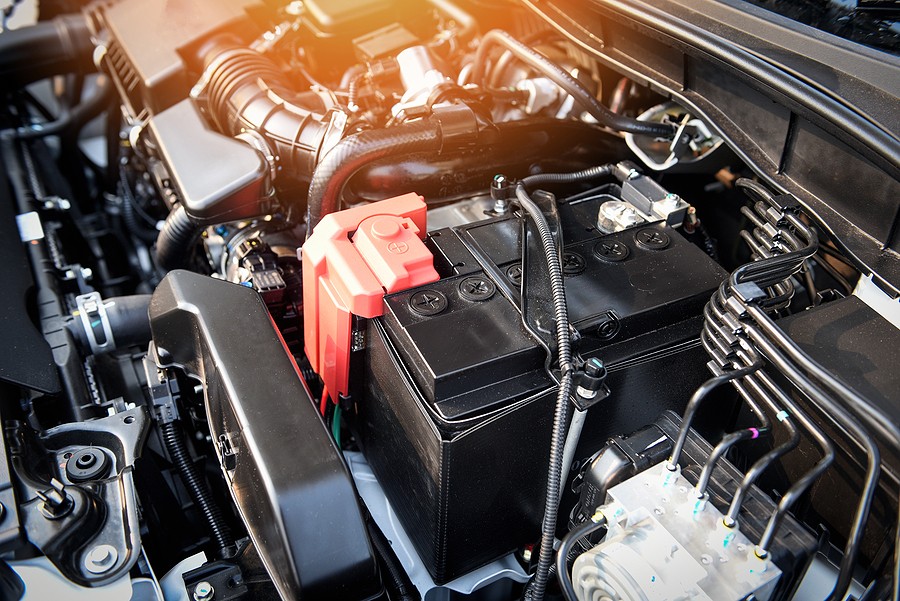
Conclusion
If you're experiencing transmission problems, it's important to take your car to a reputable mechanic right away. Replacing all the fluids and fixing any leaky or worn-out parts can restore optimal performance and prevent further damage from occurring.
If you cannot afford the cost of repairs, Cash Cars Buyer is willing to buy your car despite its transmission problem. You can easily get a free quote for selling your car, and we will make sure you'll receive the best price in the market even if it has transmission problems. For more information, visit CashCarsBuyer.com or call us at (773) 791-4363!

